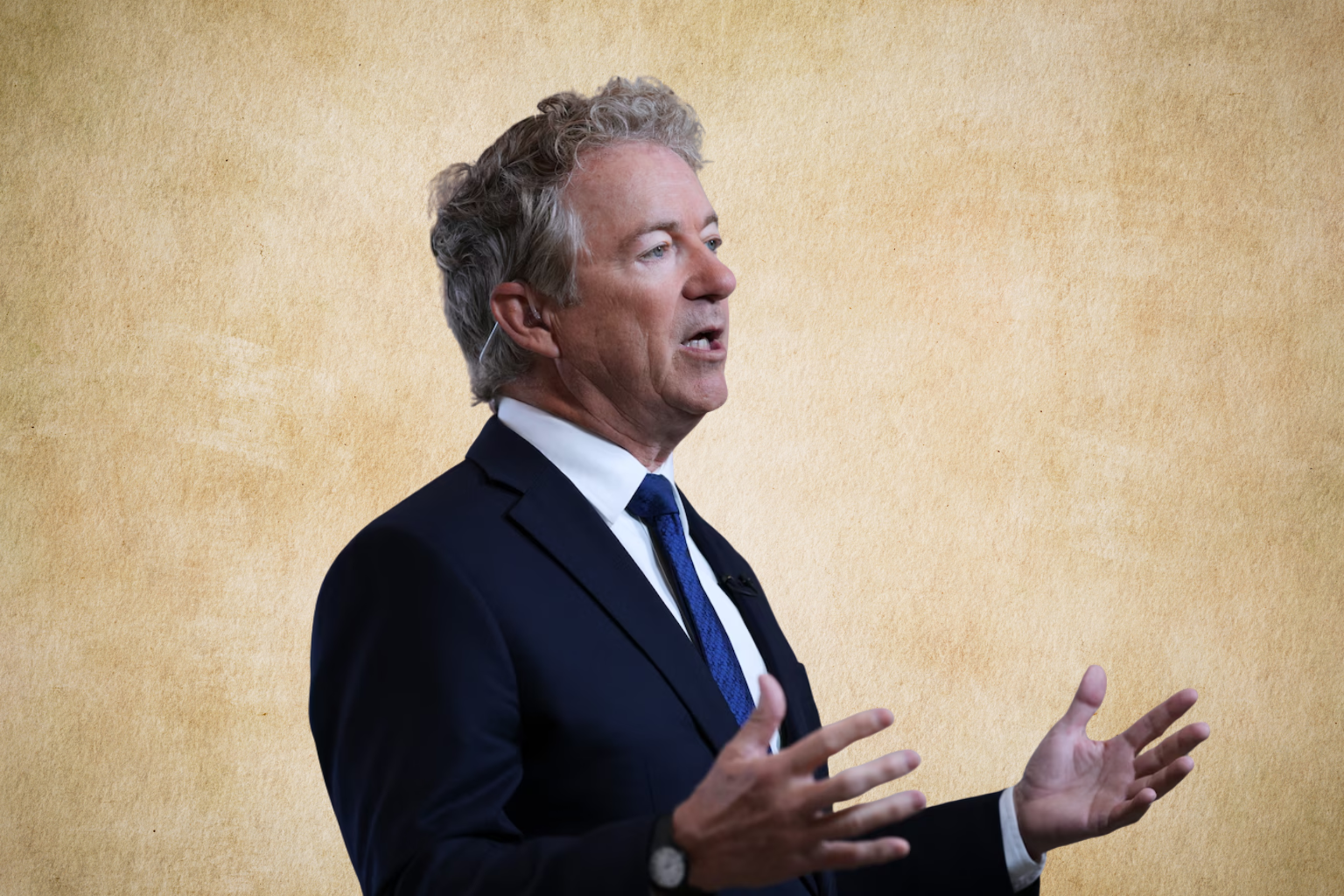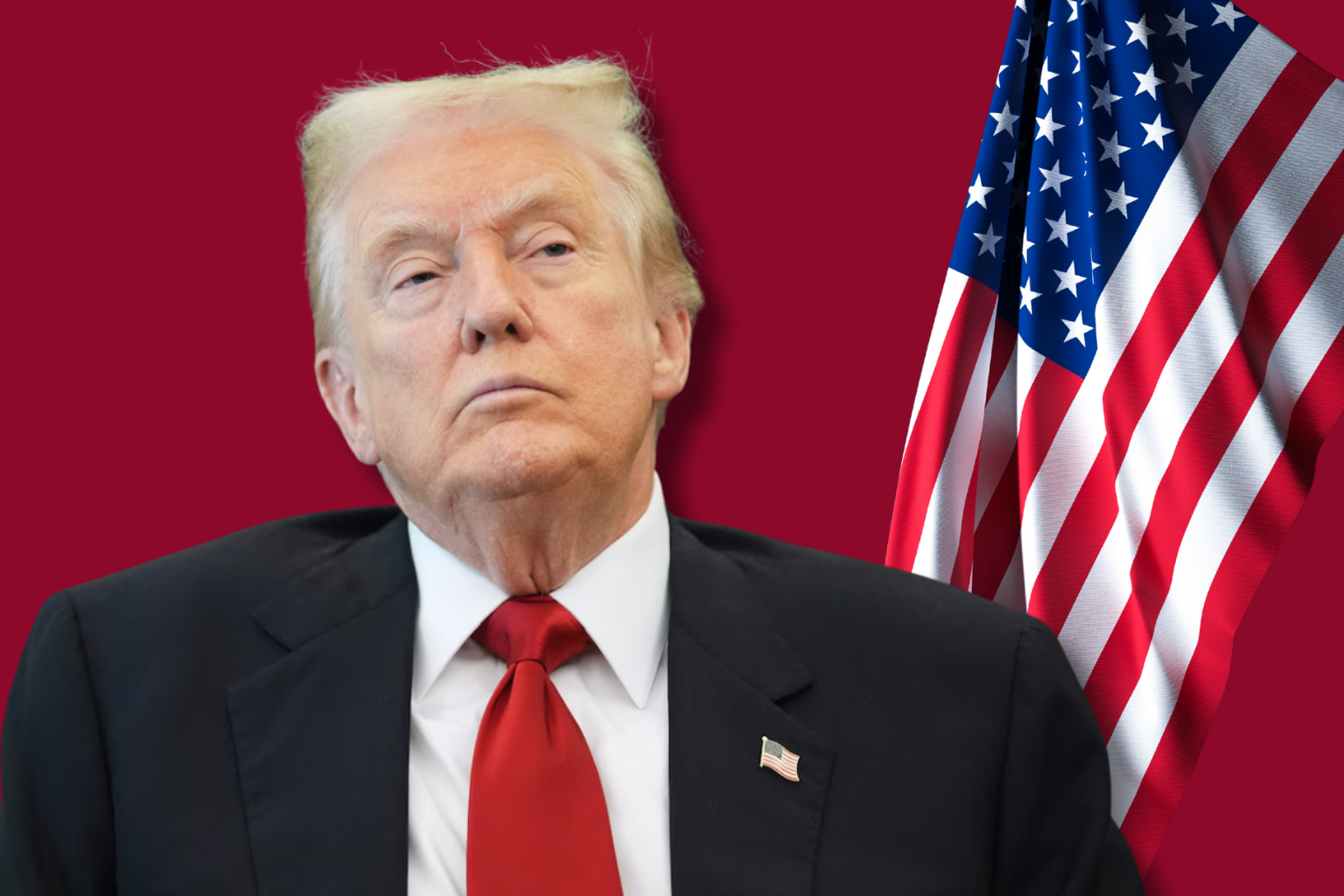US Senate Rebukes President Trump’s Brazil Tariff Strategy

A resolution to revoke President Donald Trump’s emergency tariffs on Brazilian imports was approved by the Senate in a rare bipartisan move. The legislation passed 52-48 with five Republican senators joining all Senate Democrats in support.
Trump imposed a 50% tariff on a wide variety of Brazilian imports in July. The administration justified the high tax with a national emergency declaration, citing Brazil’s prosecution of former President Jair Bolsonaro and claiming that Brazil’s actions threatened U.S. national security, economy, and foreign policy.
The Senate resolution would end the tariff regime’s emergency declaration by blocking that ability. The motion, co-sponsored by Democratic Senator Tim Kaine, raises concerns about the economic and constitutional effects of emergency trade powers.
Republican senators Susan Collins, Lisa Murkowski, Rand Paul, Mitch McConnell, and Thom Tillis voted yes. Their departure from the majority of Republicans shows rising party discomfort over high tariffs and presidential trade power.
Tariffs are seen as hidden taxes on American consumers, businesses, and farmers rather than pressure on foreign governments. When the government levies a 50% levy on Brazilian goods, U.S. buyers pay higher prices. That raises concerns that the trade strategy may increase inflation, slow economic development, and affect U.S. manufacturing and agriculture.
Senator Kaine stressed that emergency tariffs ask fundamental concerns about the balance of authority between Congress and the executive branch. He warned that allowing the president to declare wide emergencies and implement broad tariffs could undermine the legislative branch’s trade and taxation function.
However, Administration officials and pro-tariff lawmakers justified it as strategic leverage. They claim that high tariffs provide the president more negotiating power and defend American companies by pressing foreign partners to negotiate. Vice President J. D. Vance warned Senate Republicans that rollback would “strip leadership of a powerful tool” in pressuring foreign countries.
Senate decision defeats the administration’s tariff approach symbolically, but its practical impact may be limited. The Republican-controlled House of Representatives has chosen to delay consideration of comparable tariff-challenge provisions until early next year. A presidential veto is likely even if it reaches his desk. The vote shows a shift in Republican views on trade policy and presidential power.
Lawmakers expect more votes to challenge Trump’s emergency tariffs, including those targeting Canada and other nations, beyond Brazil. These events suggest that the dispute over presidential trade policy power is reaching a turning point. For American consumers and businesses, the question is whether tariffs will remain and whether their cost is rising.
Sources
Associated Press
Reuters
Washington Post
The Guardian




